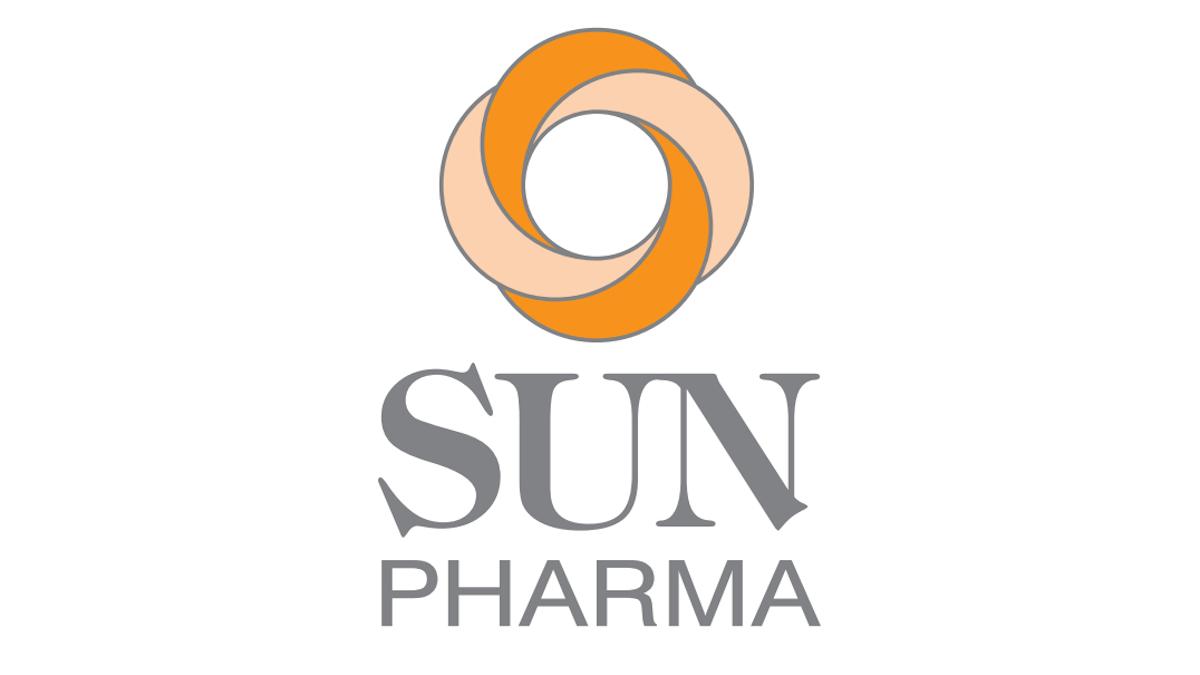Pfizer launches biosimilars to Roche's 'big three' cancer drugs in US

Pfizer has announced the launch of its competitors to Roche’s ‘big three’ cancer drugs in the US, at a “substantially discounted price” compared with the originators.
The launches put further pressure on Roche’s Herceptin, Rituxan and Avastin, which are already facing competition from other manufacturers’ near-copies.
Other companies targeting Roche’s big three include Amgen, Celltrion and Teva, but Pfizer is the first company with biosimilars competing against all three of the three big sellers.
Pfizer’s Avastin (bevacizumab) was launched on December 31 under the brand name Zirabev at a wholesale price of $61.34 per 10mg, a 23% discount to the originator.
Its Rituxan (rituximab) biosimilar, launched this week and branded as Ruxience, will be marketed at $71.68 per 10mg, a 24% discount compared with the original.
Pfizer's Herceptin (trastuzumab) biosimilar named Trazimera, will be available from February 15th at $80.74 per 10mg, a 22% discount.
Zirabev is approved for five types of cancer - metastatic colorectal cancer; unresectable, locally advanced, recurrent or metastatic non-squamous non-small cell lung cancer; recurrent glioblastoma; metastatic renal cell carcinoma; and persistent, recurrent or metastatic cervical cancer.
Pfizer intends to seek expansion of the label to include the treatment of epithelial ovarian, fallopian tube and primary peritoneal cancer as early as January 2021, pending regulatory approval.
Ruxience is available for the treatment of adult patients with non-Hodgkin’s lymphoma, chronic lymphocytic leukemia, and granulomatosis with polyangiitis (GPA) and microscopic polyangiitis (MPA). It is the first licensed biosimilar for the treatment of GPA and MPA.
Trazimera will become available for the treatment of human epidermal growth factor receptor 2 (HER2) overexpressing breast cancer and HER2 overexpressing metastatic gastric or gastroesophageal junction adenocarcinoma.
Sales of Avastin and Rituxan have been holding up in the US despite biosimilar competition, but in Europe Herceptin and rituximab (branded as MabThera) have cratered following the introduction of biosimilars over the last few years.
The three drugs used to bring in around $21 billion a year, and while full year figures are not yet available the overall trend is downwards, according to Q3 year to data figures from the big Swiss pharma.












